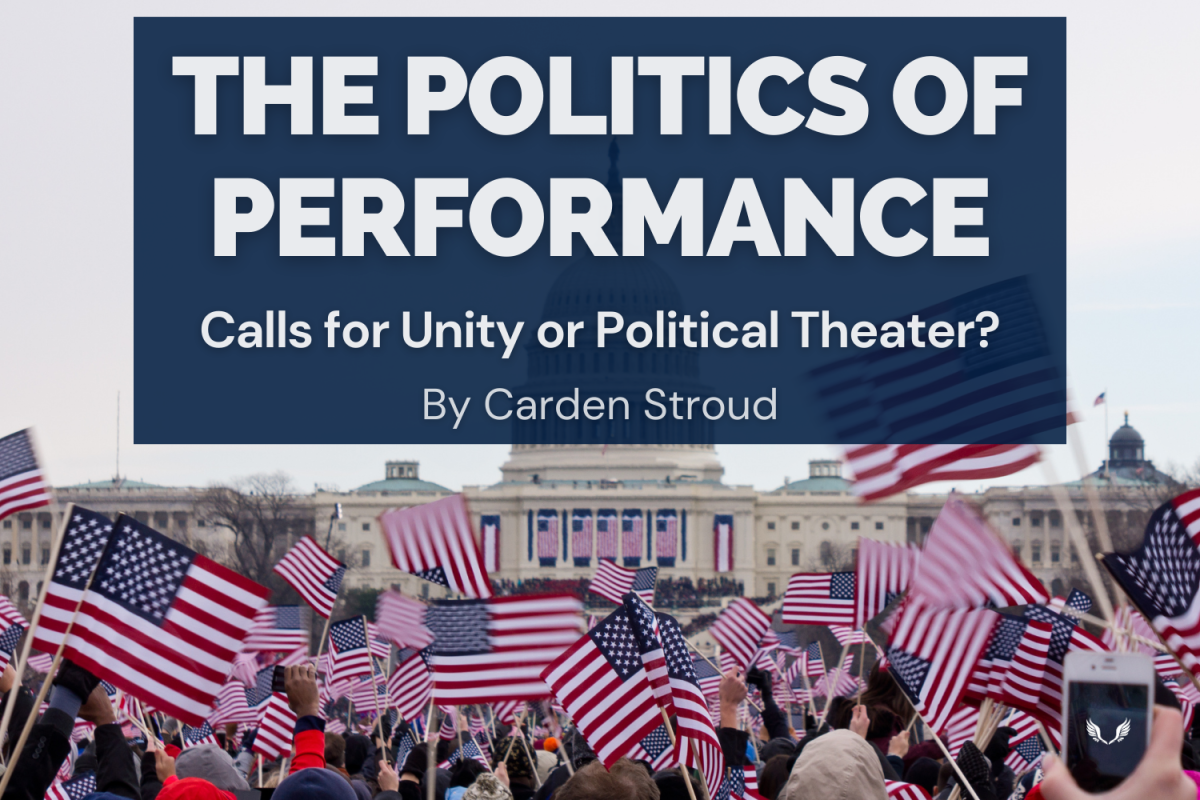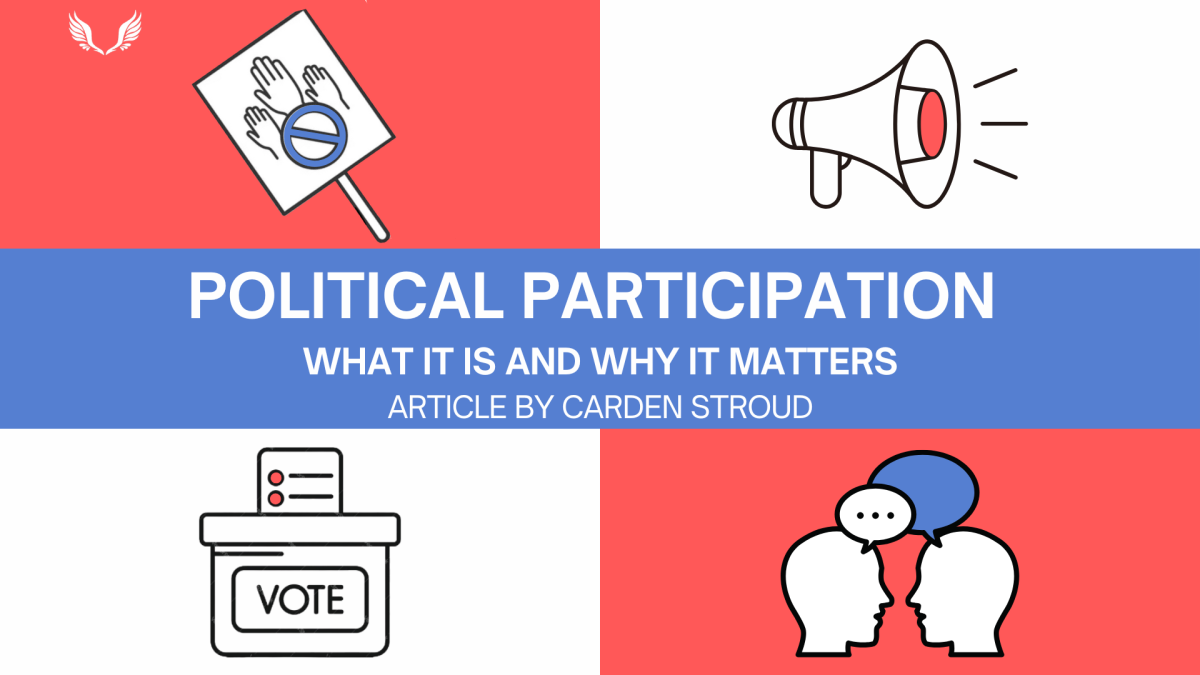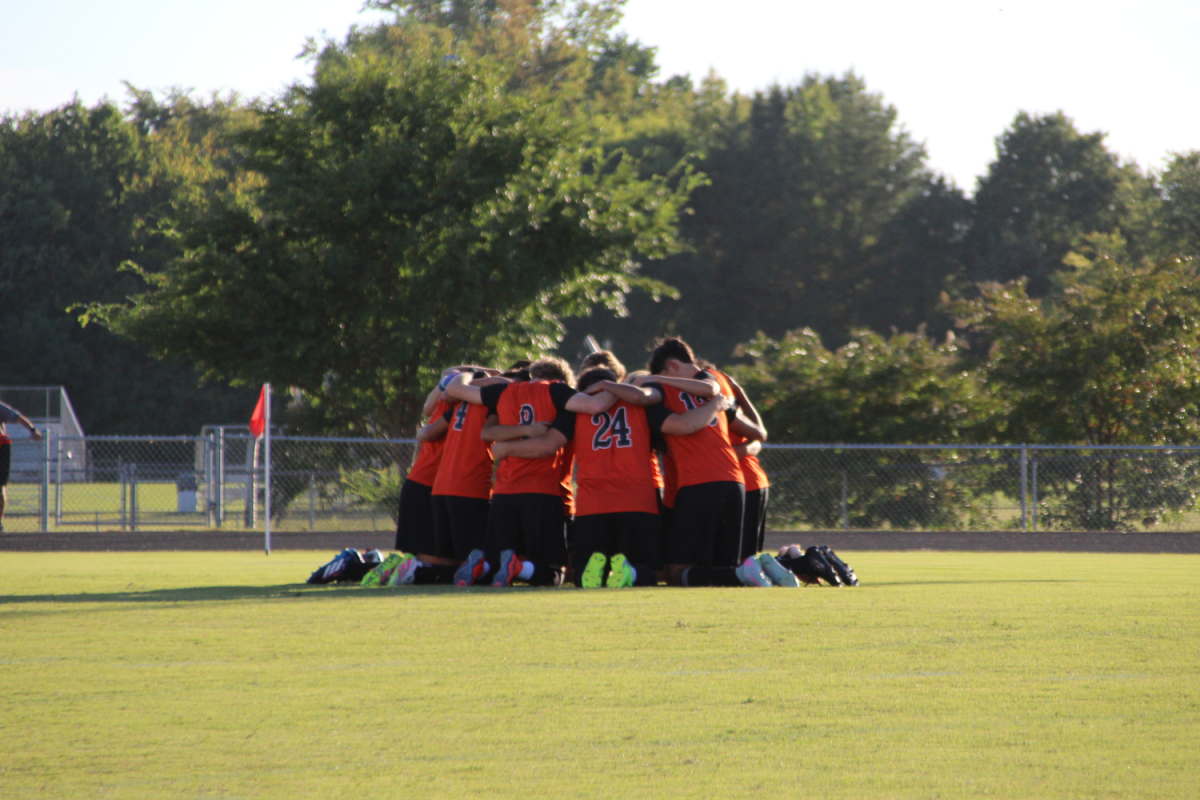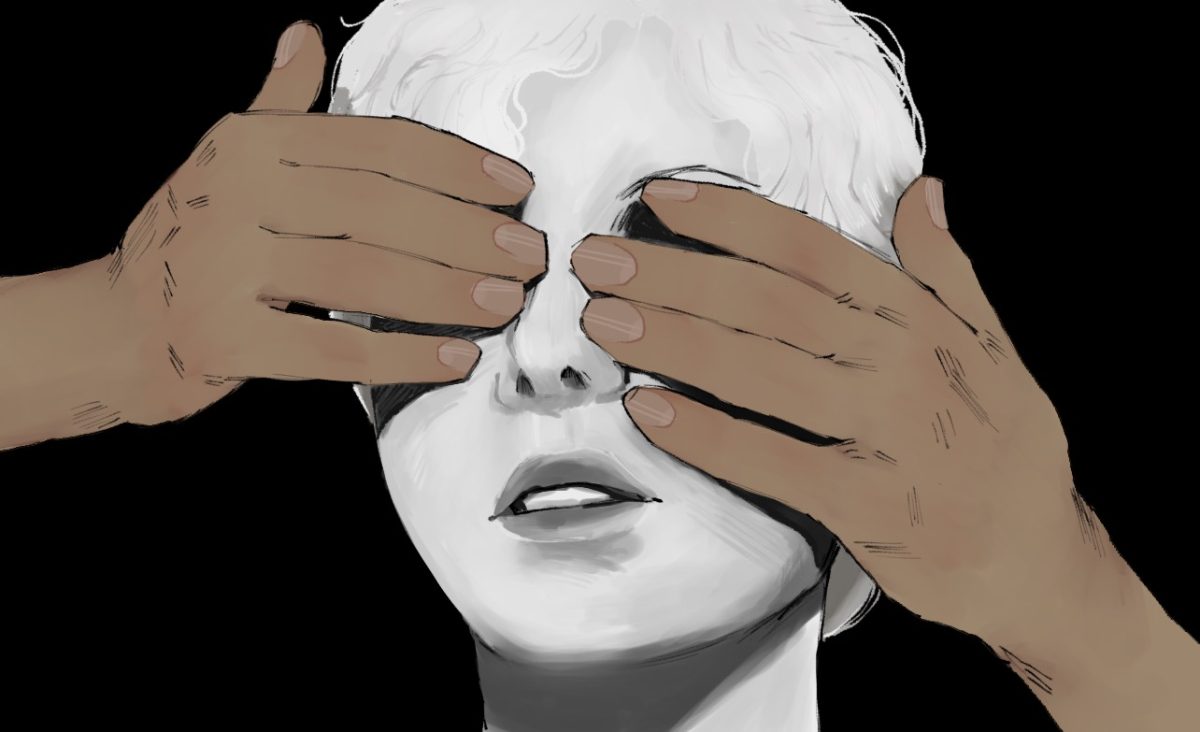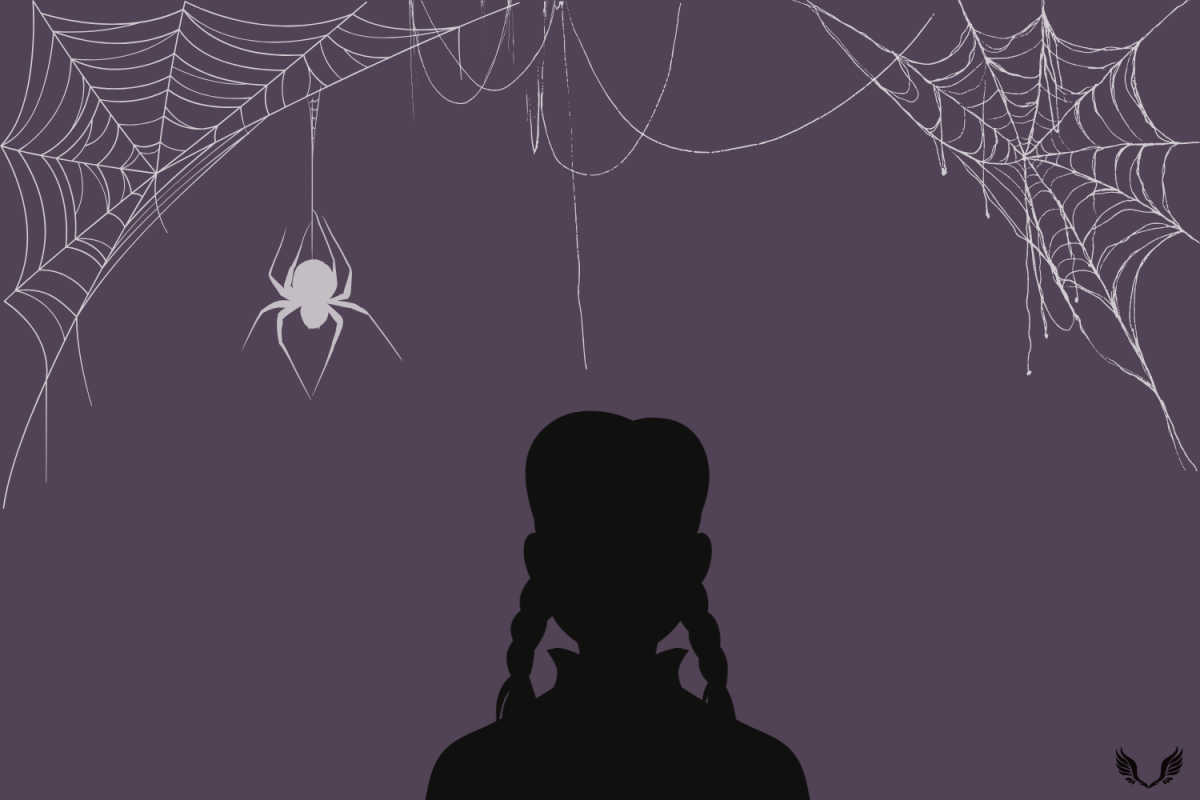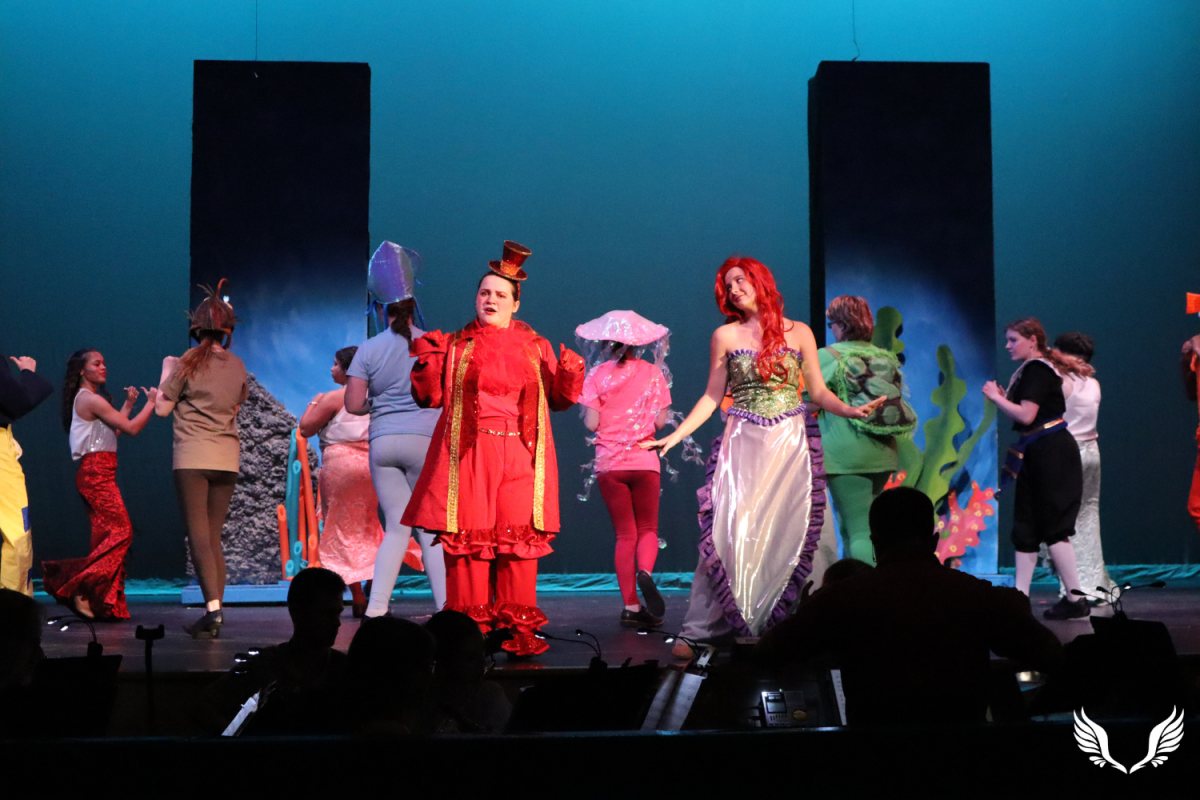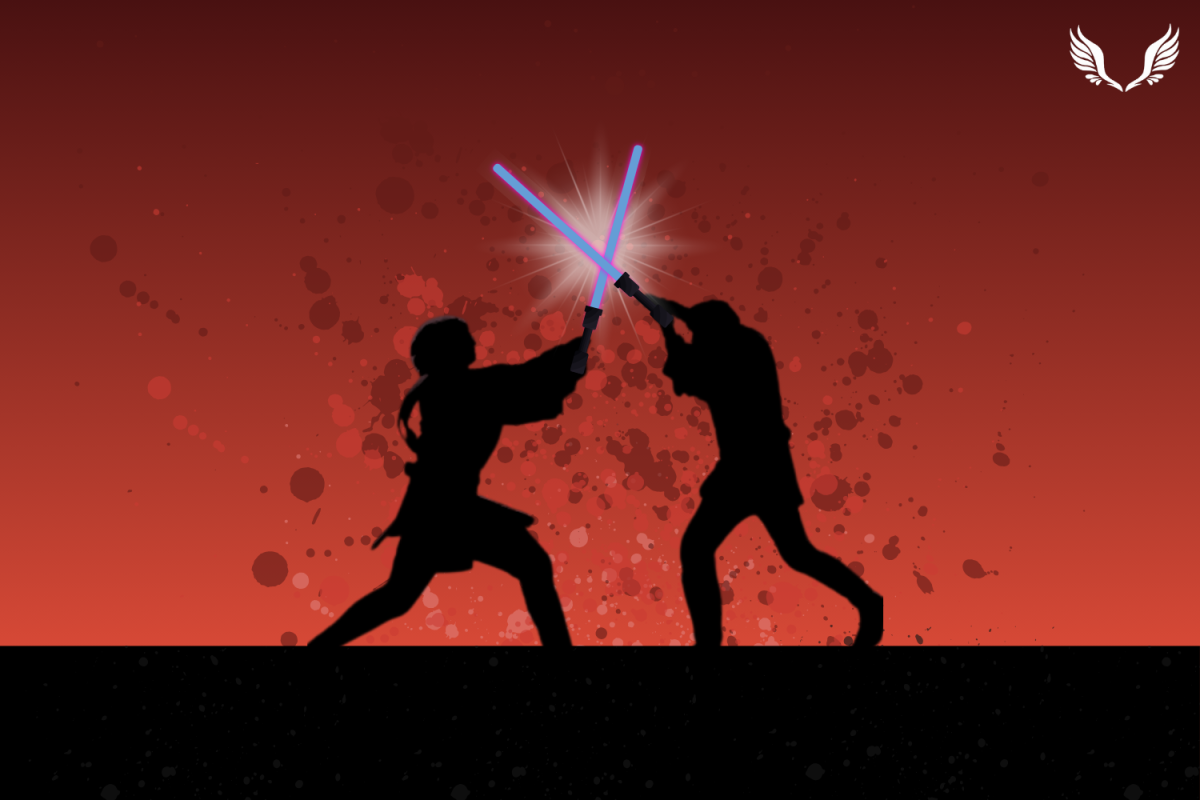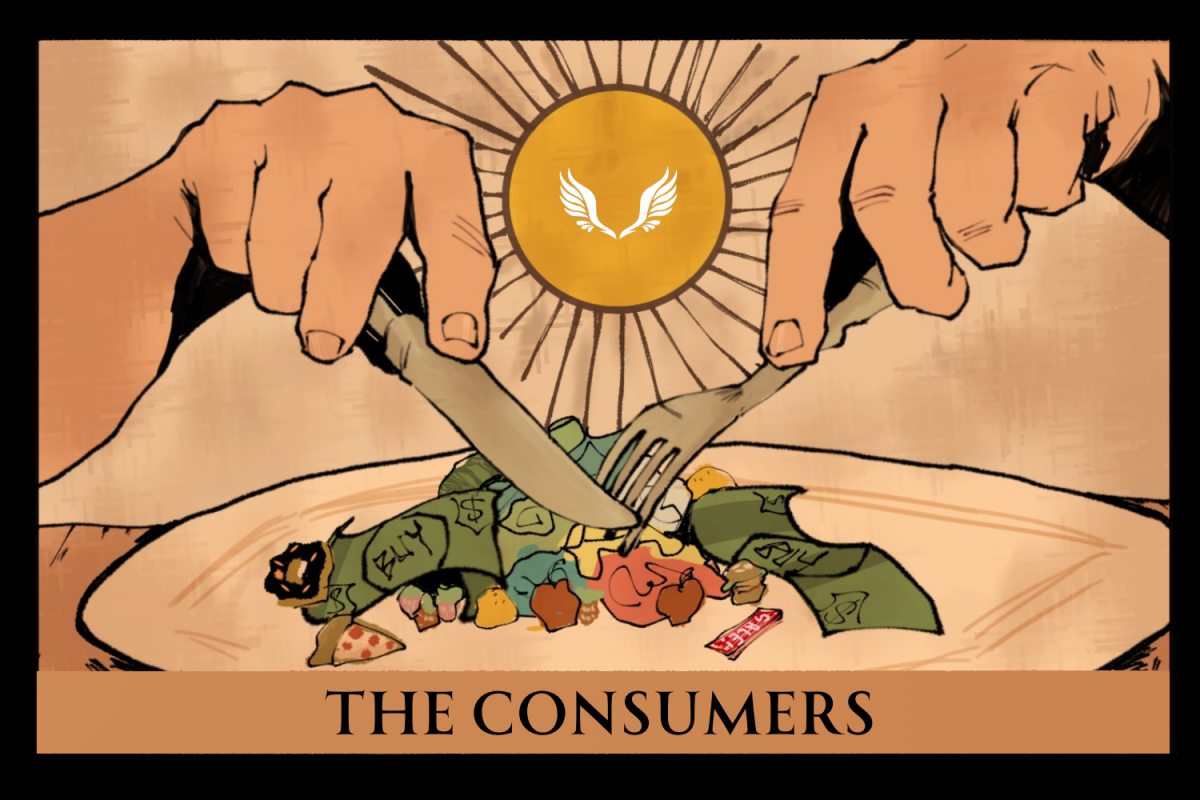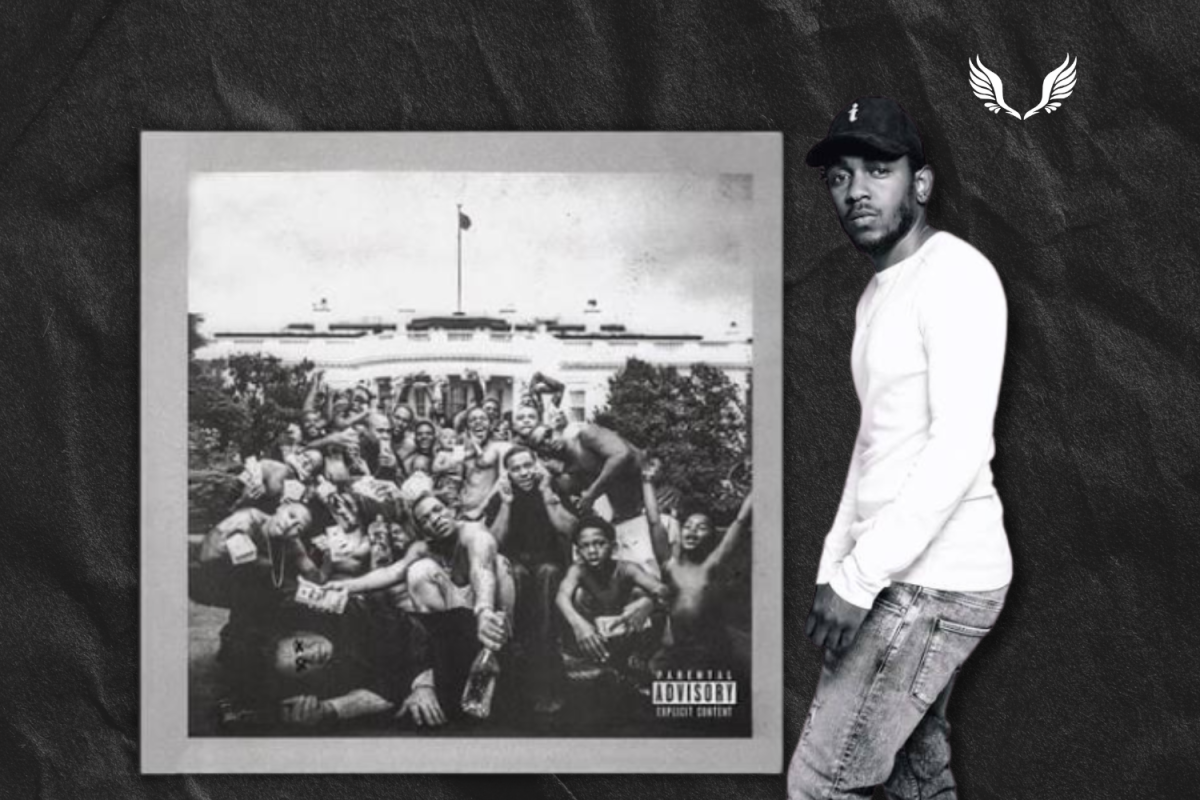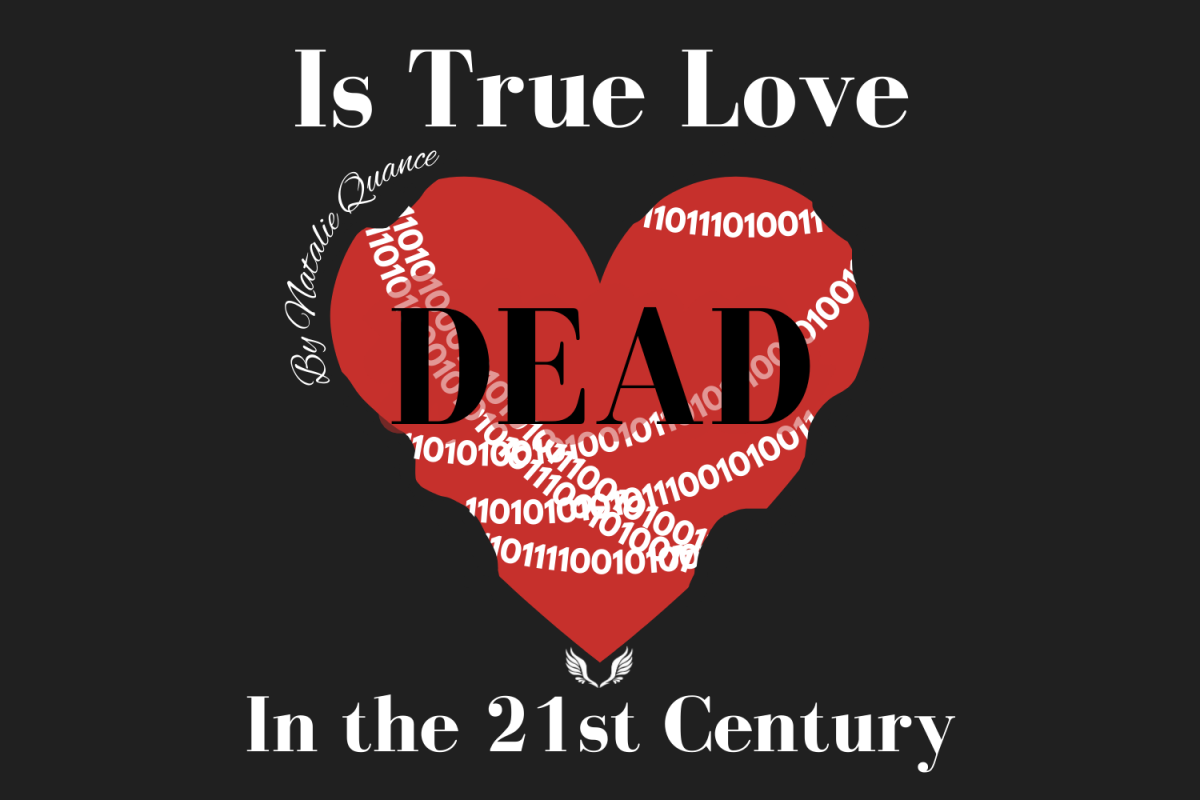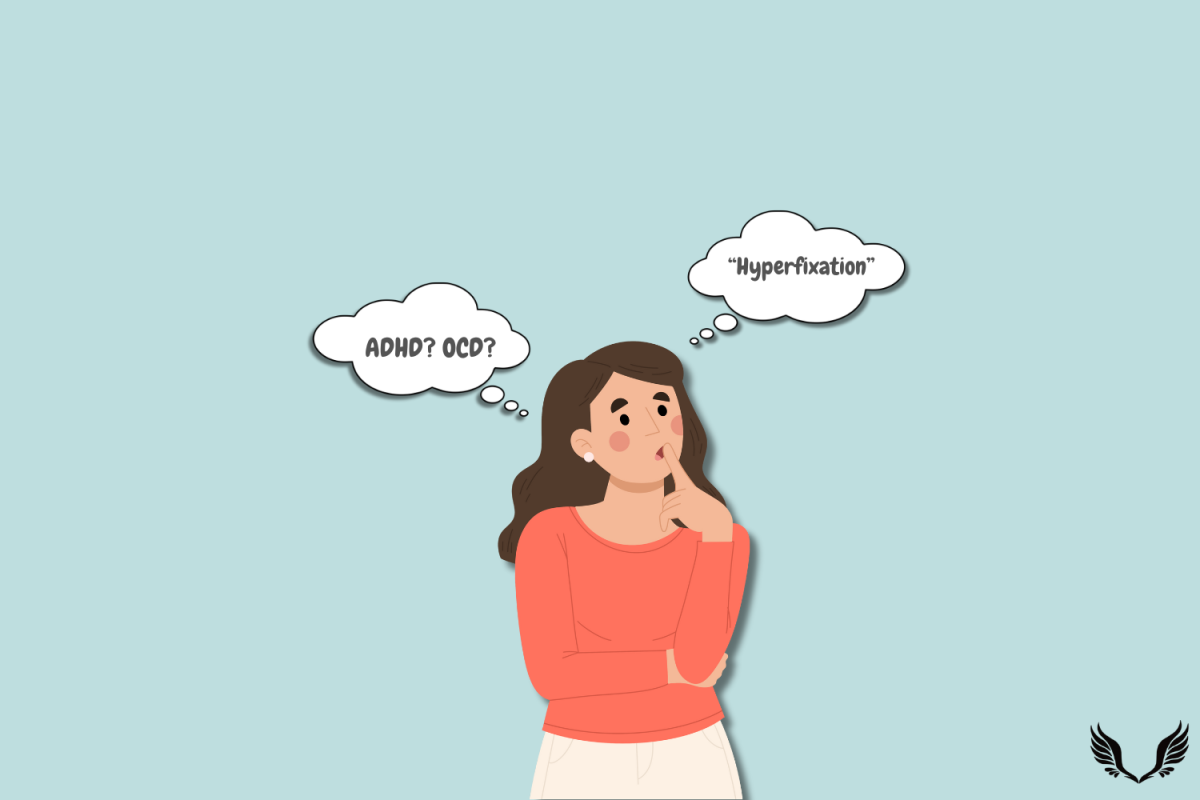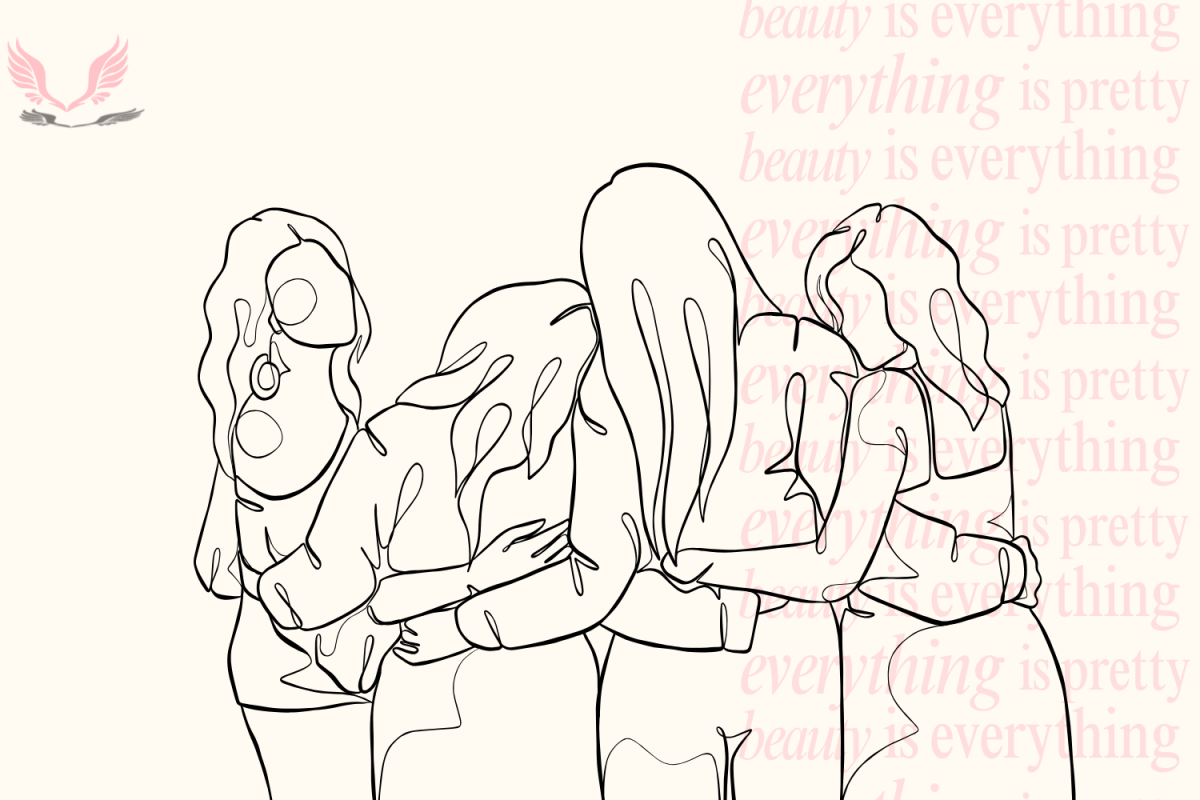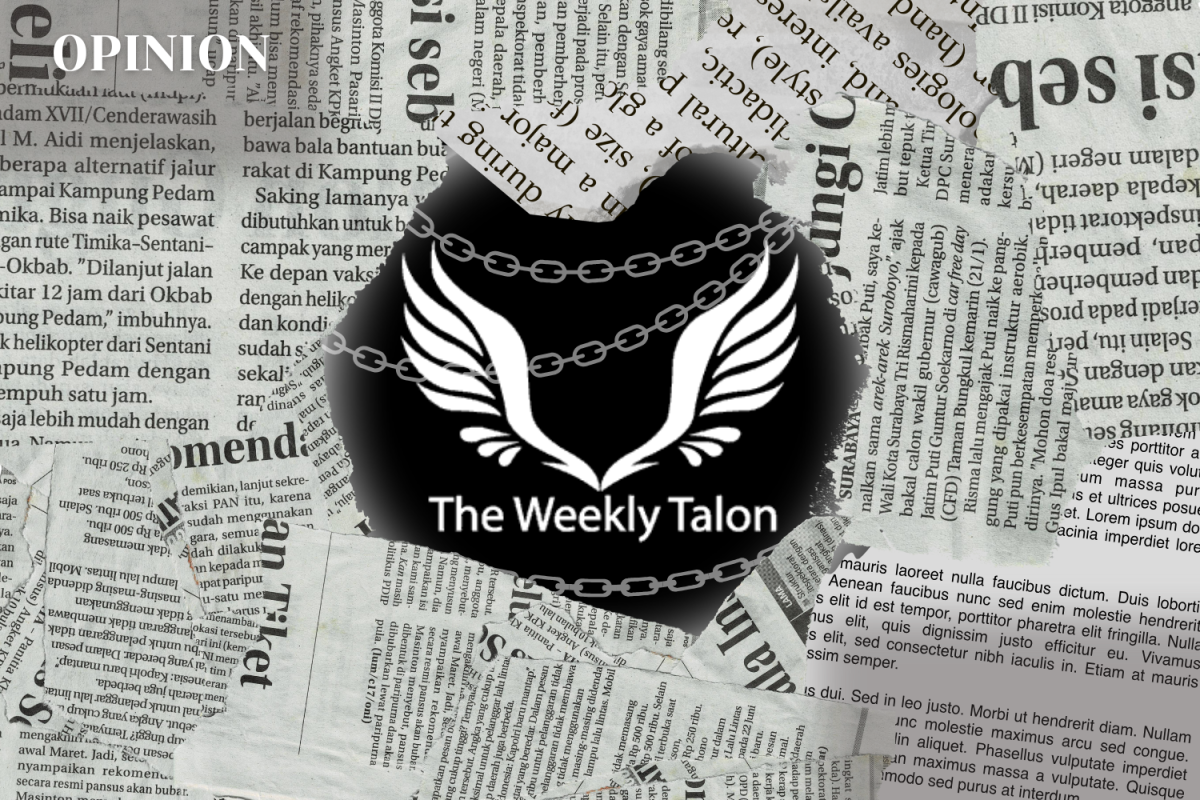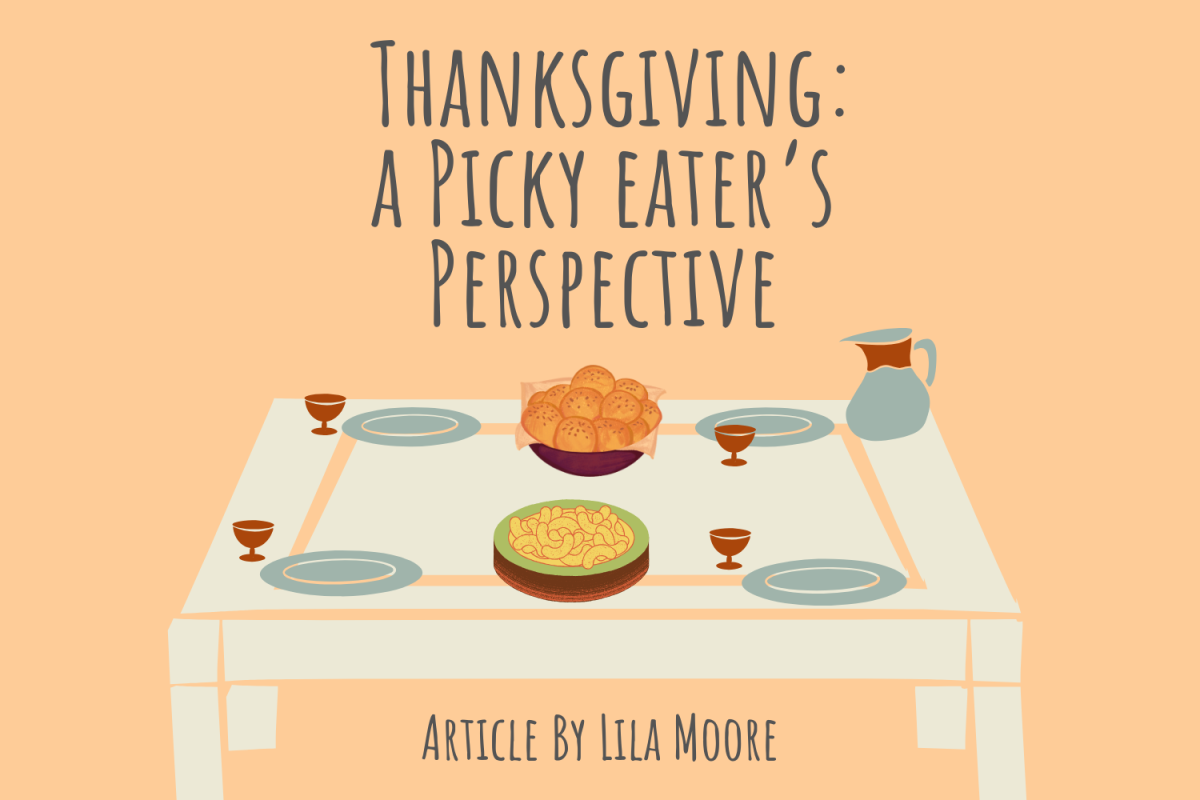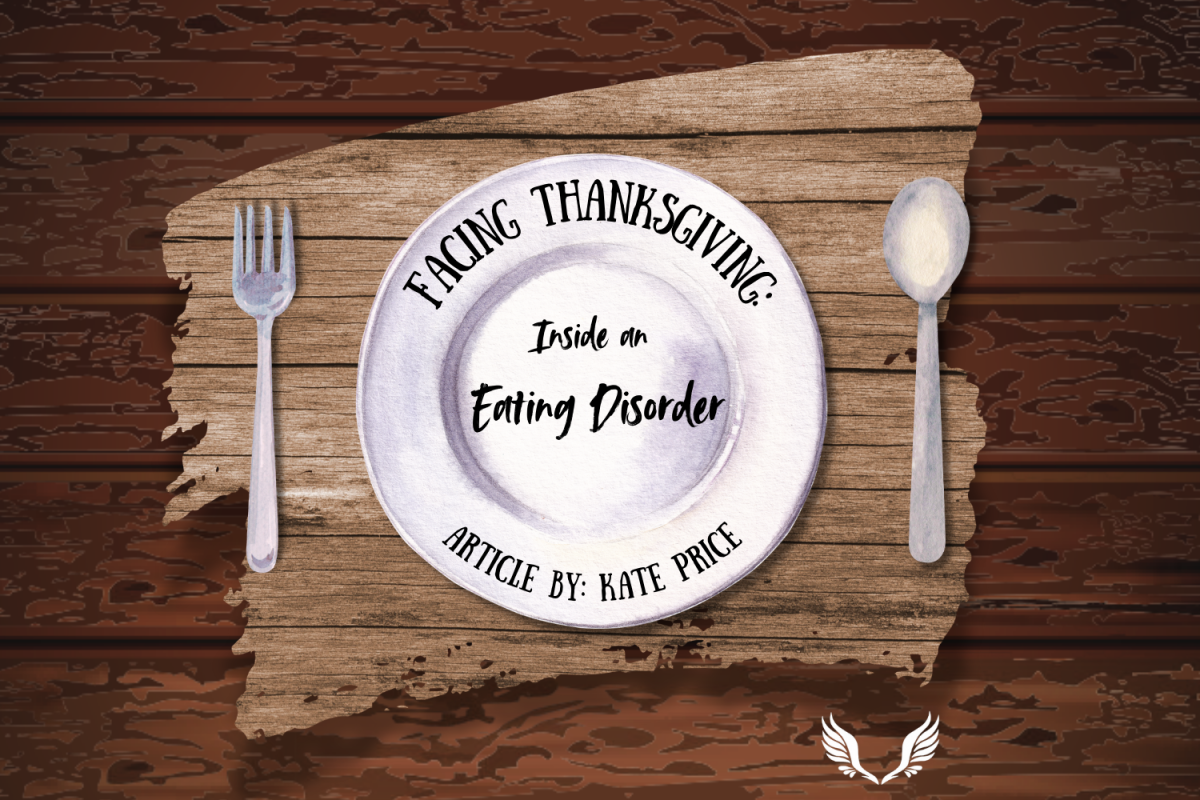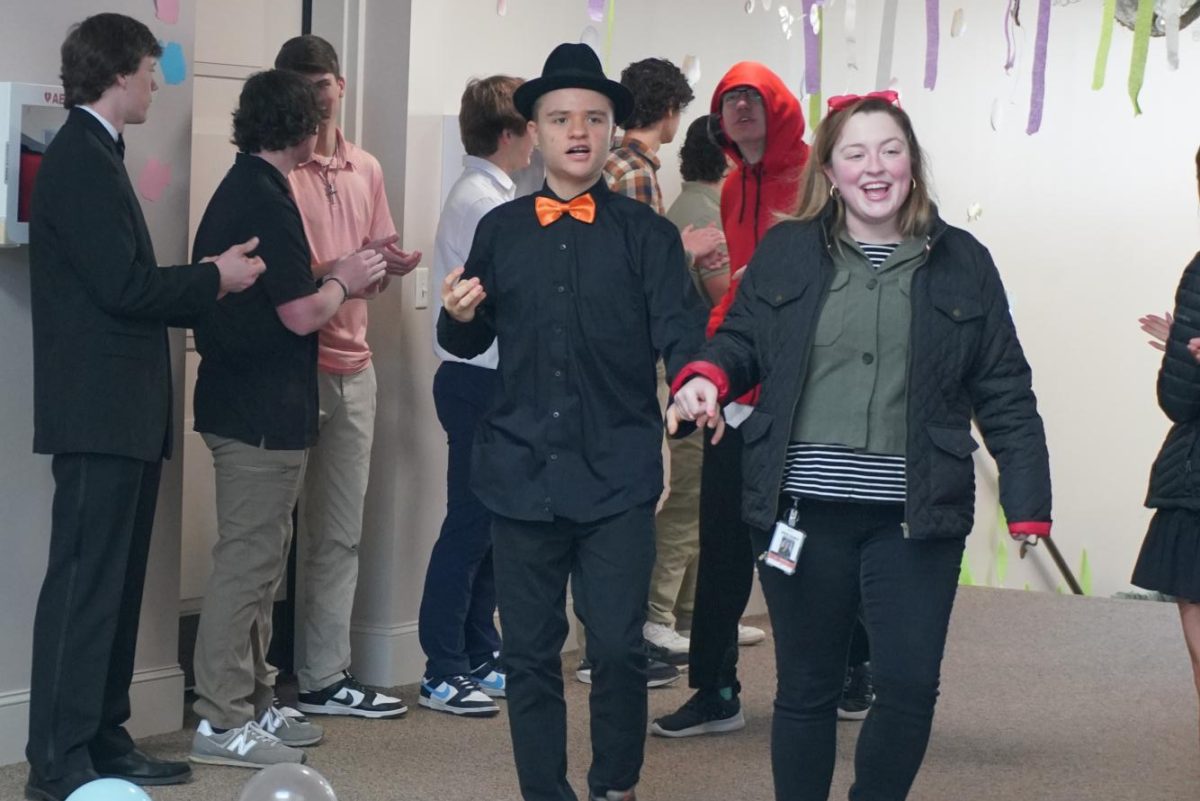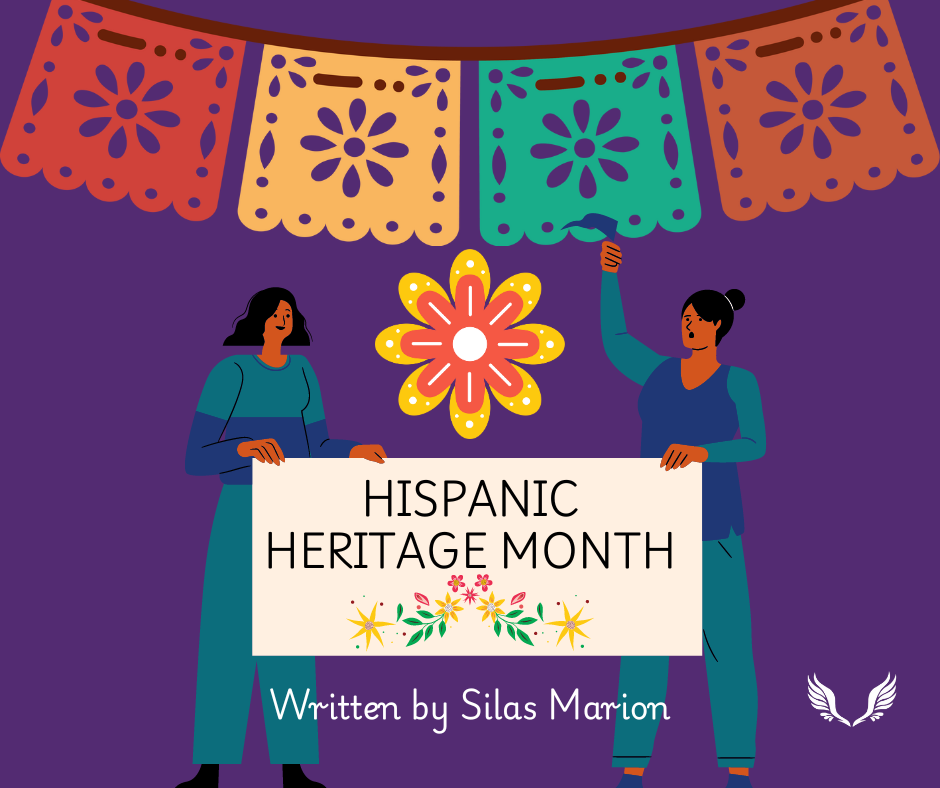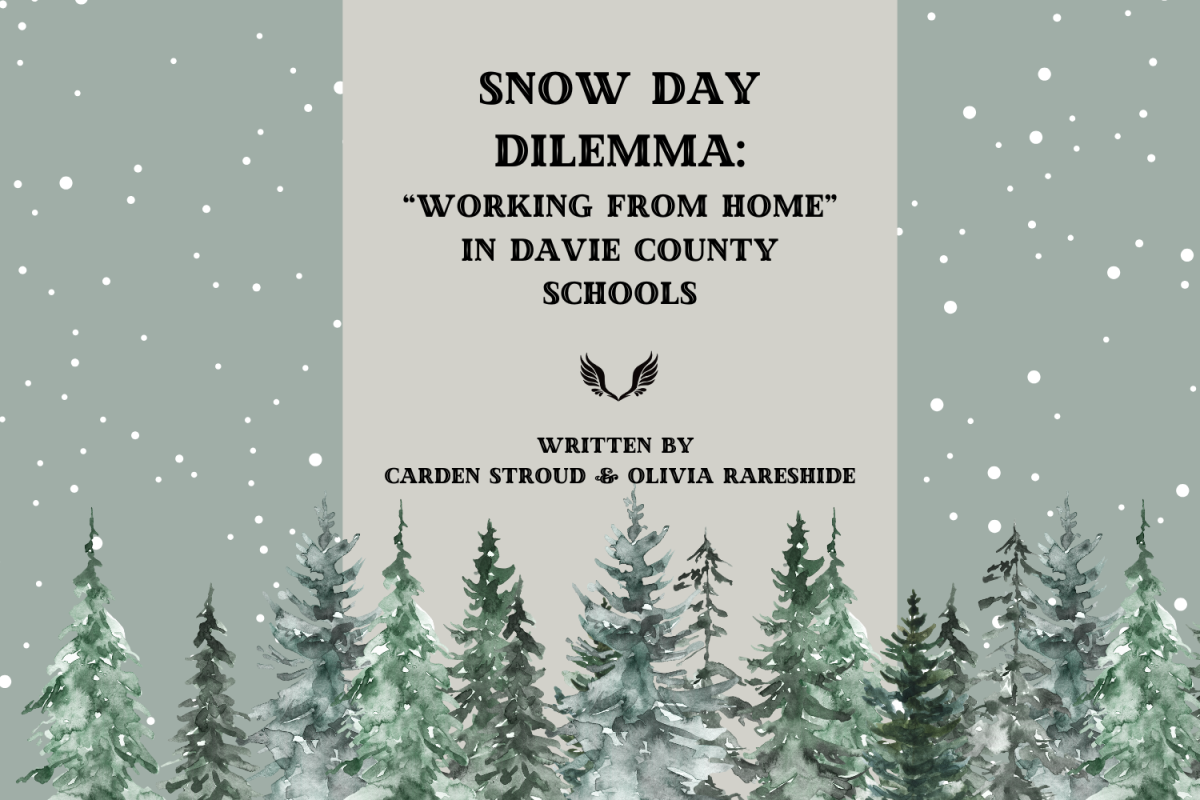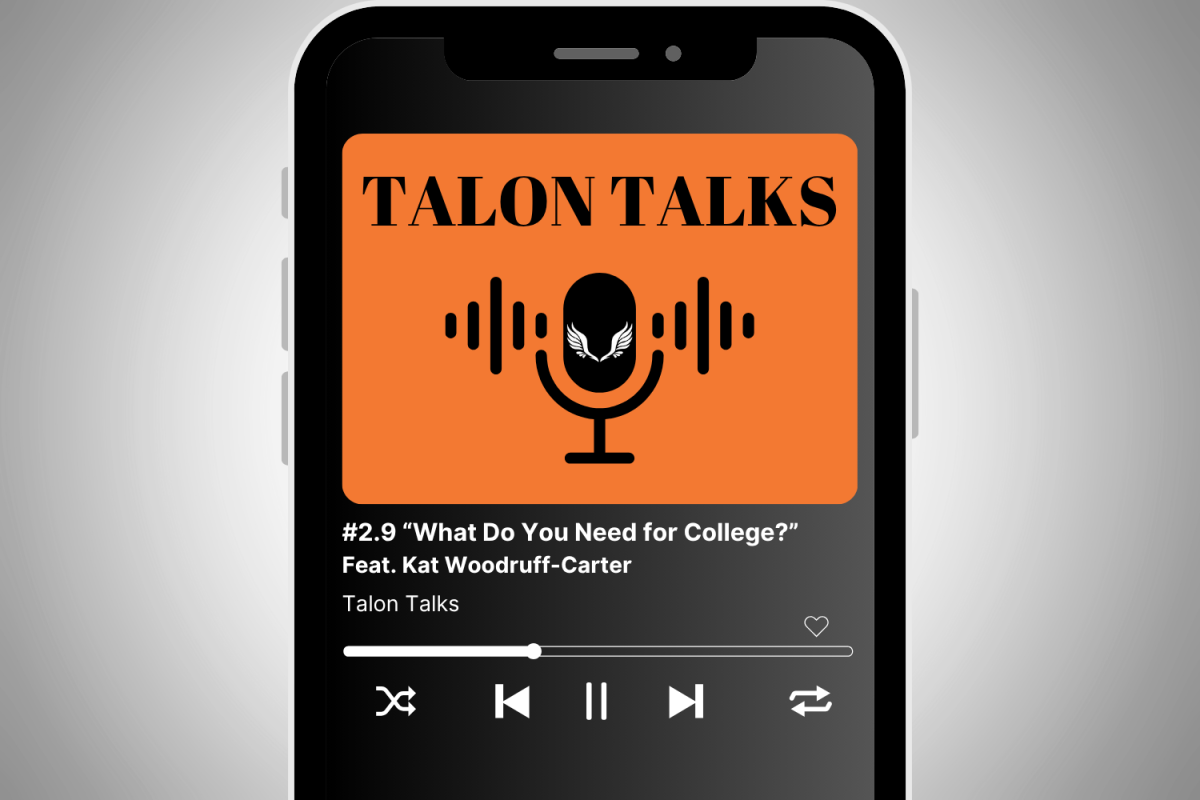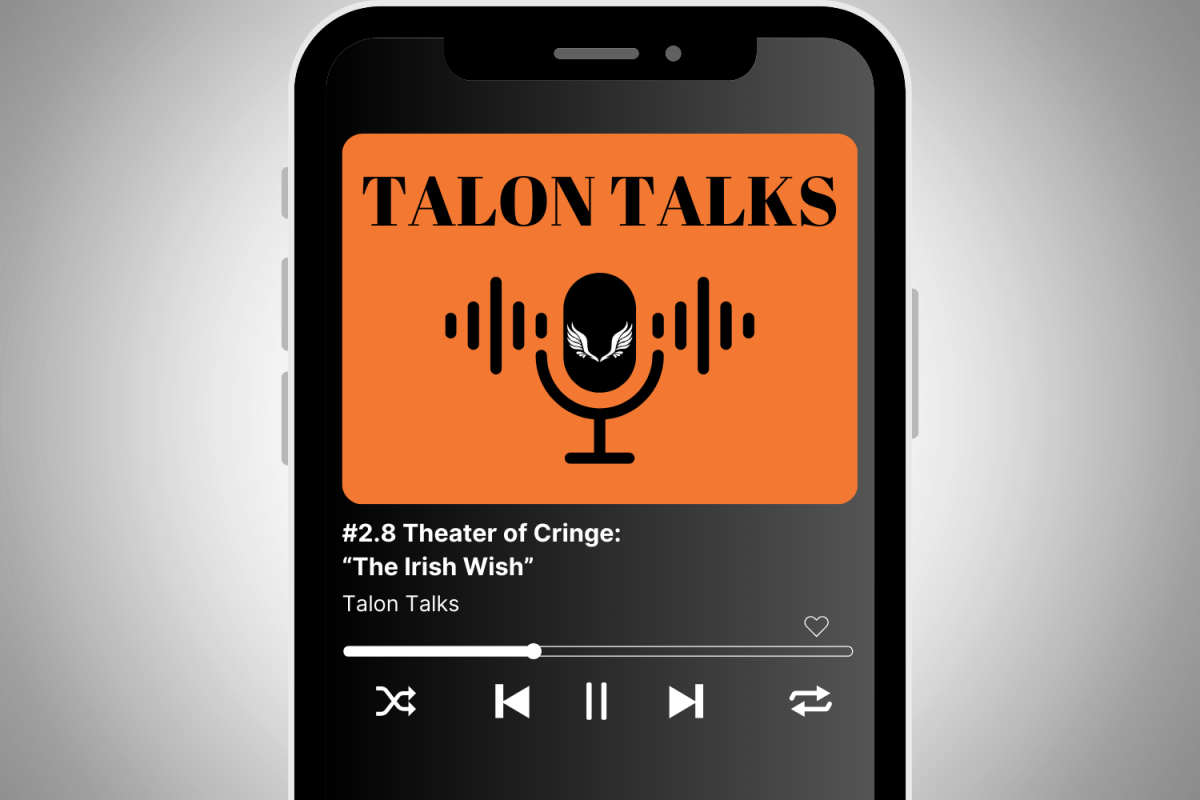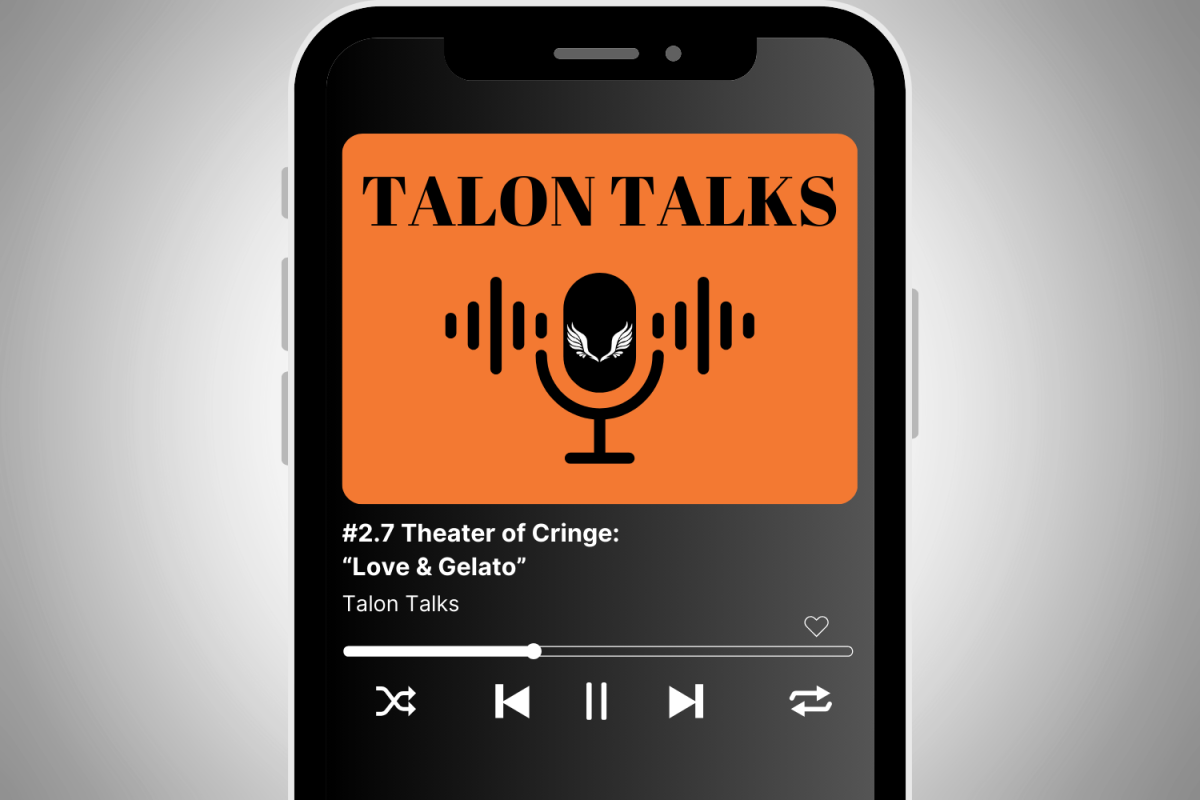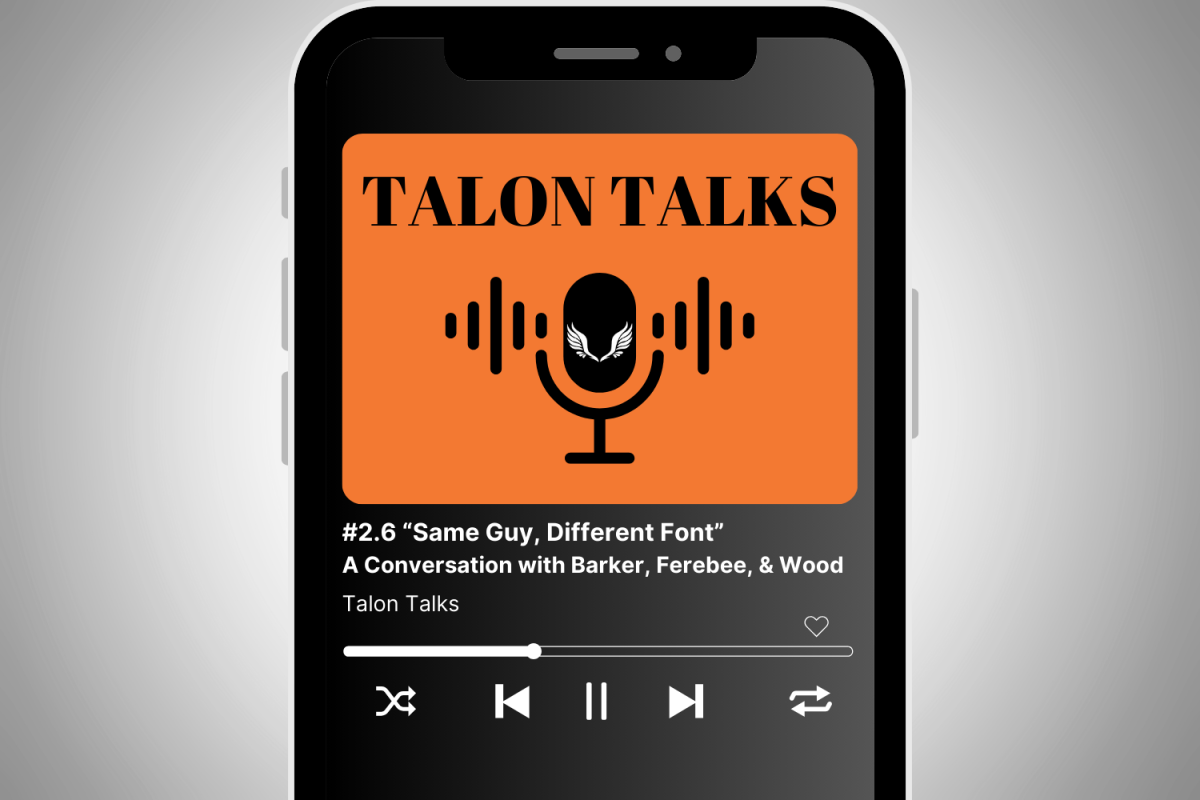In the early years of Christianity, the anniversary of the death and resurrection of Christ was the most important holiday– Easter. Around the fourth century is when the birth of Christ was to become a holiday. However, the Bible does not mention a date for the birth, and the legitimacy of Christ’s birthday being on December 25 instead of the spring or fall had been questioned. But Pope Julius I chose December 25. The church chose this date in an effort to cancel out the traditions of the Saturnalia festival.
By celebrating Christmas at the same time as pagan holidays, the Christans’ festivals became more popular. As a result of overlapping these celebrations, the traditions like giving gifts, hanging up stockings, having a huge dinner with family and friends, and even Christmas trees– which are all pagan in origin– became part of a Christian holiday.
There is one group of Christians that do not like Christmas– or any holiday, for that matter. In 1645, Oliver Cromwell took control of England after the English Civil War. A devout Puritan, he outlawed any festivals or parties because it was time spent not dedicated to God. The Pilgrims were a very famous group of separatist Puritans who actually outlawed Christmas in Boston from 1659-1681.
Christmas has a long history, and though its traditions are not inherently Christian, many people do not celebrate it because it is heavily associated with the religion. But either secular or religious, Christmas continues to be an iconic celebration of loved ones, age-old customs, and all-around joyful times.
For almost two millennia, Christmas has been observed by people all over the world. Its traditions, both religious and secular in nature, have been adapted and changed over the years since it was first celebrated.
In the early years of Christianity, the anniversary of the death and resurrection of Christ was the most important holiday– Easter. Around the fourth century is when the birth of Christ was to become a holiday. However, the Bible does not mention a date for the birth, and the legitimacy of Christ’s birthday being on December 25 instead of the spring or fall had been questioned. But Pope Julius I chose December 25. The church chose this date in an effort to cancel out the traditions of the Saturnalia festival.
By celebrating Christmas at the same time as pagan holidays, the Christans’ festivals became more popular. As a result of overlapping these celebrations, the traditions like giving gifts, hanging up stockings, having a huge dinner with family and friends, and even Christmas trees– which are all pagan in origin– became part of a Christian holiday.
There is one group of Christians that do not like Christmas– or any holiday, for that matter. In 1645, Oliver Cromwell took control of England after the English Civil War. A devout Puritan, he outlawed any festivals or parties because it was time spent not dedicated to God. The Pilgrims were a very famous group of separatist Puritans who actually outlawed Christmas in Boston from 1659-1681.
Christmas has a long history, and though its traditions are not inherently Christian, many people do not celebrate it because it is heavily associated with the religion. But either secular or religious, Christmas continues to be an iconic celebration of loved ones, age-old customs, and all-around joyful times.









